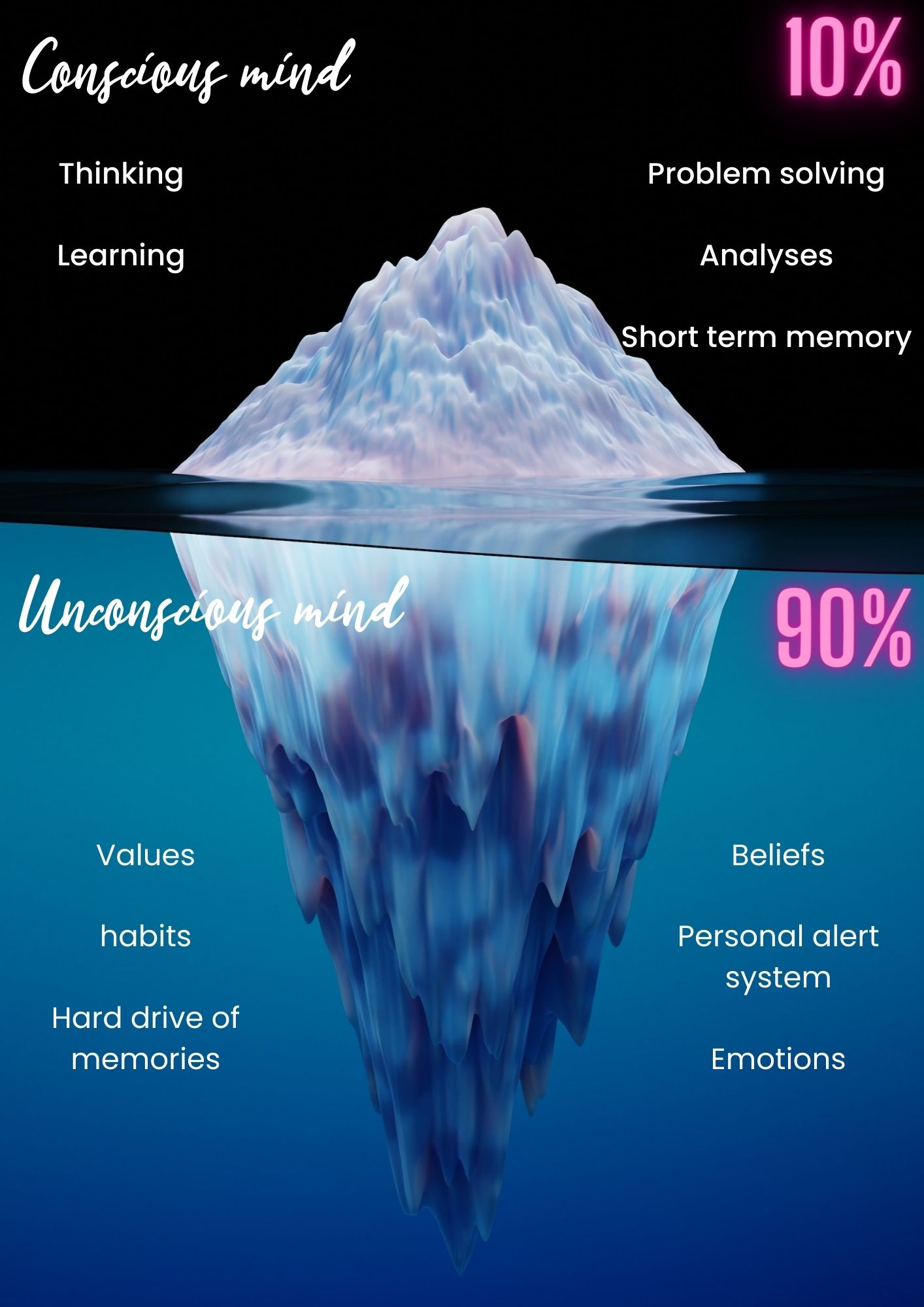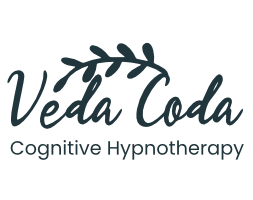What is Cognitive Hypnotherapy?
Myth
I hypnotise people
Incorrect!
I actually de-hypnotise people. During your life time you will naturally hypnotise yourself using a state called trance to create phobias, trauma responses etc. This is a normal and natural thing as your mind is trying to protect you. Read on to find out more.
QCH evidence based therapy
The effectiveness of Quest Cognitive Hypnotherapy for treatment of anxiety and depression compared with other therapies such as CBT.
* The Mental Health Review Journal September 2015. Results taken from a pilot study using 118 cases.
QCH Clients Improved
Other Therapies Improved
The thing I hear quite a lot is: “Isn’t hypnotherapy swinging a watch in front of my face or making me cluck like a chicken?”
I’m not a stage hypnotist, so I can’t make you cluck like a chicken unless you truly want to. I work on the therapy side of hypnotherapy. Cognitive hypnotherapy is about moving people towards the person they want to be. It isn’t about making people do anything against their will. I work with you towards your goal, on your terms, and at your pace. I don’t use labels like “anxiety” as you are not your diagnosis. You are more than that and we are all unique. One person's anxiety is different from another person's. I treat the whole person and not just their label.
We are all born with no issues from a therapy point of view. We are a clean slate. During our lives we end up having experiences that hypnotise naturally which could lead to anxiety, confidence issues, phobias etc. Every person's experience is unique. The way our mind processes an experience is different from someone else’s, even if they had the same experience at the same time.
Imagine, for example, 3 people have to pitch for some work. The first person is really excited and gives a great presentation. They notice that the audience is engaged and enjoying themselves. Afterwards they are really energised. They are already looking forward to the next time they have to do a presentation. The second person is slightly nervous. They are anxious and think that people might not like their presentation. Even though they feel like this, they get up on stage and give their presentation. It might have been a bit stilted in places but they got through it and if they had to do it again they would but they wouldn’t enjoy it. The third person to present is so nervous that their fight or flight system has gone into overdrive. They might believe that they cannot do this and the audience will hate them or laugh at them. They stumble through their presentation and vow to avoid future presentations.
They all had the same experience but due to past events, their minds came up with different future predictions based on their past experiences.
Using Cognitive Hypnotherapy I can work with you to see how your mind uses all those different experiences to get to the predictions it makes. For example everyone uses a recipe to make a cake but each chef always puts their own flare in that might be a secret ingredient. This is similar to finding out how your mind experiences anxiety for instance. Each person will experience anxiety differently so my job, with your help, is to work out your unique spin on it so we can de-hypnotise you in order for it to become more manageable.
Just remember all behaviour has a positive purpose, even if you don’t see it yet. We understand that everyone is doing the best they can with the information they have at the time.
Cognitive Hypnotherapy uses a Neuro-linguistic programming (NLP) framework but I can draw on a lot of other tools and techniques such as Emotional Freedom Technique (tapping), positive psychology, CBT resources etc and I will choose which ones according to your unique issue.
If you want to learn more and see if Cognitive Hypnotherapy is for you then book a free consultation below:
Some of the problems I can help you with using Cognitive Hypnotherapy are listed below.
- Anger
- Anxiety
- CFS/ME
- Childlessness & grief
- Confidence
- IBS
- OCD
- Chronic Pain
- Phobias & fears
- Public speaking
- Relaxation
- Sleep
- Stress
- Trauma experiences
- Vaginismus
- and many more
If you don't see your problem above, don't worry it's not a comprehensive list. I offer a free 15 minute chat to see if I can help, so get in touch to take that one small step to a better you.
I'm based in person in Street and Yeovil in Somerset and online.
What is a trance?
You have probably heard the word trance being bandied around a lot. Trance is a term used to describe an altered state of consciousness. Sounds a bit scary. It’s a normal phenomenon that is part of our everyday experience. There are multiple types of trance. There are individual trances such as daydreaming or driving to a destination but have no recollection of the journey. There are group trances such as the death of the Queen, where we were all sharing a grief of someone most of us wouldn’t have had a chance to meet and there are parental trances where you regress back to being a child when you visit your parents in your childhood home.
What is the conscious and subconscious mind?

You might have heard the mind being referred to as the conscious or unconscious mind.
The conscious mind is what you use every day to do your thinking, problem solving, learning, what you choose to eat for lunch etc. It is the logical part of your mind.
The unconscious mind basically ensures your survival. It holds your values, beliefs, habits etc. It also holds a hard drive of experiences and memories to draw down to make decisions. It is also your own personal alert system. If your unconscious senses danger it fires your fight or flight mode before you are even aware of it. You might only know about it when you are running away.

